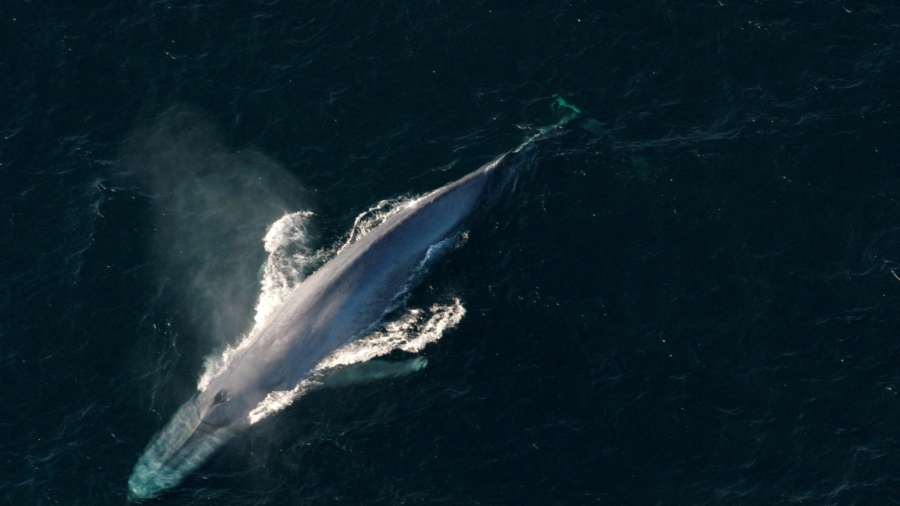JOHANNESBURG—Noise produced by mining the seabed could interfere with whales’ ability to communicate with one another, according to a study released on Tuesday, just as plans to start deep-sea mining for battery metals gather pace.
The peer-reviewed study, funded by Umweltstiftung Greenpeace, a foundation arm of the environmental organization, argues that more research is needed to assess the risk deep-sea mining could pose to large marine mammals.
Several nations and companies are pushing ahead with plans to mine rocks rich in battery metals that blanket vast swathes of the seabed. Mining in international waters may not begin until regulations are agreed at the International Seabed Authority (ISA), a Jamaica-based U.N. body.
An estimated 22–30 cetacean species, including endangered blue whales, can be found in the Clarion Clipperton Zone, an ocean region in the northern Pacific, where the ISA has granted 17 seabed mining exploration licenses.
“The sounds produced from mining operations, including from remotely operated vehicles on the sea floor, overlap with the frequencies at which cetaceans communicate,” said the study, published in Frontiers in Marine Science.
Mining is likely to produce noise across a range of frequencies that could travel hundreds of kilometers, the study said, interfering with marine mammals’ ability to navigate using echolocation and disrupting the messages they send via whale song.
Previous research on ocean noise has found whales can suffer negative effects. One study found man-made noise could increase the risk of humpback whale mothers being separated from their calves, because their normal vocalizations are quiet.
“Far-from-sight impacts on cetaceans could go largely unquantified and unnoticed, along with those on other pelagic predator species that rely on deep ocean areas, including sharks,” the authors wrote.
The ISA will host international negotiations in March and July this year as it works towards a July deadline to finalize regulations.

